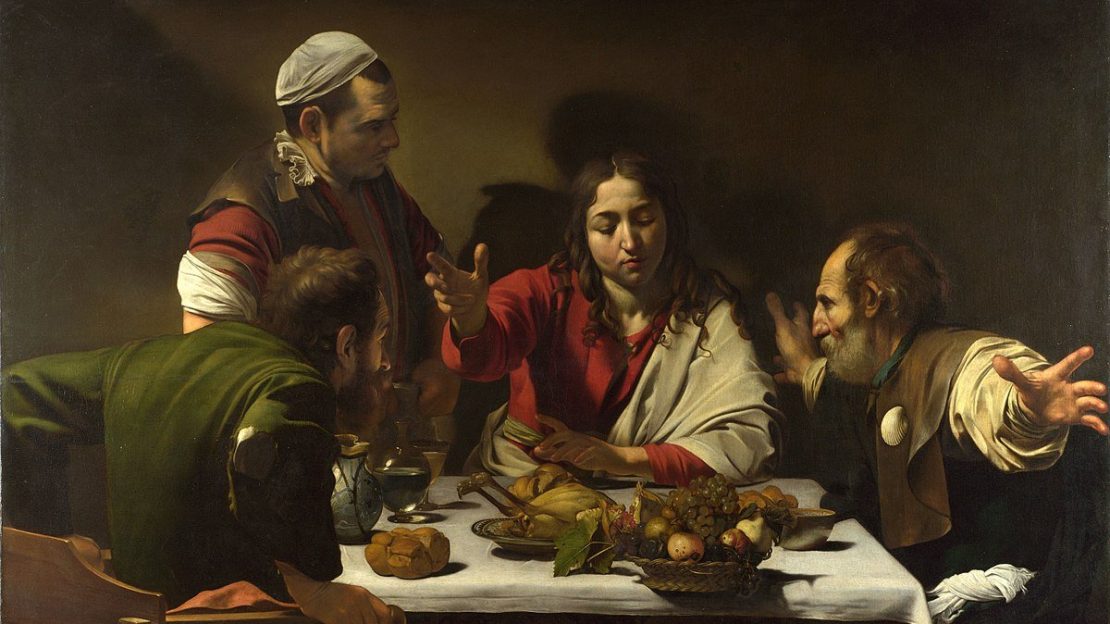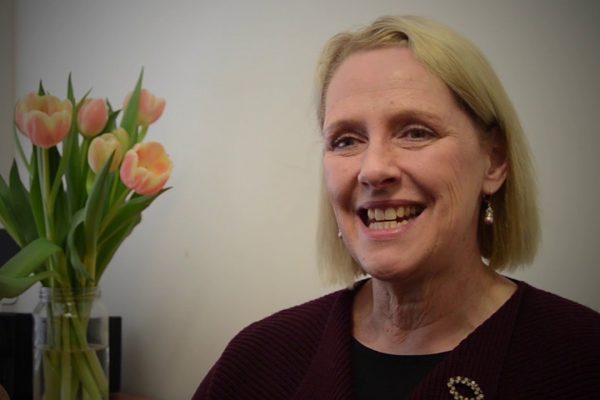In the celebration of Mass, the words ‘memory’ or ‘memorial’ often come up and they do so especially in the Eucharistic Prayer.
In our present way of thinking, these words can suggest something that only goes on in our heads; but in the Scriptures, these words have a meaning which implies presence. They are not just about recalling the past but about recognizing what is in the present. They are words which sum up a whole thread of biblical spirituality.
These words in the Scriptures – and in the Mass – are about past events which have started something off, which have begun something – something which continues in the present. Memorial is being made of events which have given origin to things which continue among people in the present.
We can compare this to what we do in the celebration of birthdays and anniversaries. We are celebrating someone who is present with us but we celebrate that person by celebrating their beginning, that is their birth. And so we celebrate them on the day which started their life. But in remembering that day, we are celebrating them. And that day becomes something different once that person has died. We tend to celebrate the day of their death which is also a day which begins something new – their physical absence. The same pattern is at work in celebrating a wedding anniversary: the couple celebrate that day on which they committed themselves to each other and which is the formal origin of their union.
When we celebrate the Eucharist, we do so in memory of Jesus’ death and resurrection. His death brought to an end the tangible presence that Jesus had with his first disciples during his life on earth; but it is the origin of a new way in which he is present – as the Risen Lord. His death and resurrection is his passover from life as we know it into the boundless life of the resurrection. He continues to be present among us and that new presence is the result of his passing over through death into the promised life of the future.
We come to the Eucharist, which he has left us to celebrate in his memory, to be open to his presence and to enter into communion with him. We enter into a personal union with him. Remembering him, we discover his presence among us as did the first disciples after his death.
By Fr Frank O’Loughlin




Comments
Add Comment